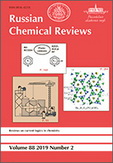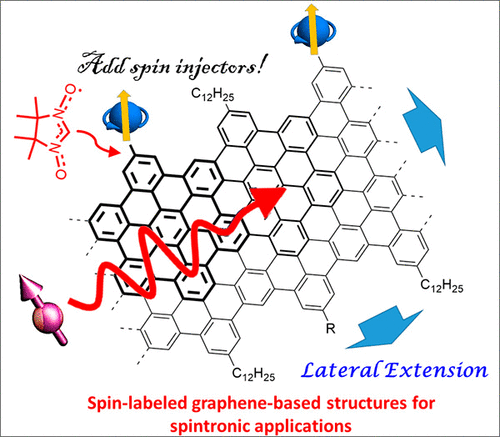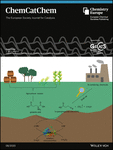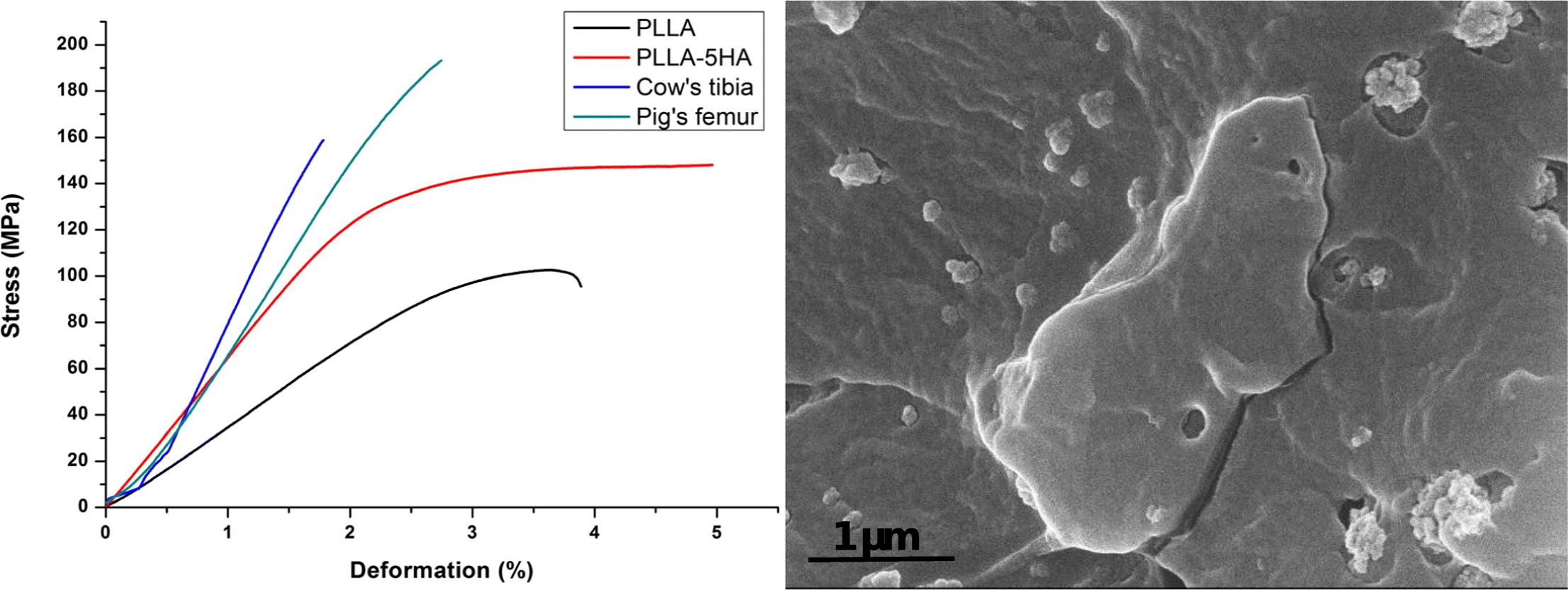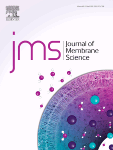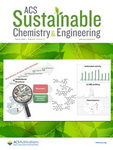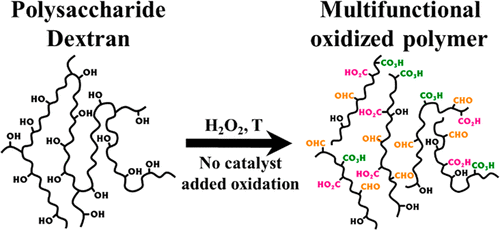В журнале International Journal of Molecular Sciences (IF=4,556) опубликована статья с участием сотрудников Института: чл.-корр. РАН, проф. д.х.н. Н.Ф. Салахутдинова (зав.отделом ЛФАВ), проф. РАН, д.х.н. К. П. Волчо (гнс, ЛФАВ), к.х.н. Т. М. Хоменко (снс, ЛФАВ)
Alterations of STEP46 and STEP61 Expression in the Rat Retina with Age and AMD-Like Retinopathy Development
Darya V. Telegina, Elizabeth A. Kulikova, Oyuna S. Kozhevnikova, Alexander V. Kulikov, Tatyana M. Khomenko, Konstantin P. Volcho, Nariman F. Salakhutdinov and Nataliya G. Kolosova Int. J. Mol. Sci. 2020, 21(15), 5182
Publication Date:July 22, 2020
https://doi.org/10.3390/ijms21155182
(This article belongs to the Special Issue Molecular Biology of Age-Related Macular Degeneration (AMD) 2.0)
Abstract
Tyrosine phosphatase STEP (striatal-enriched tyrosine protein phosphatase) is a brain-specific protein phosphatase and is involved in the pathogenesis of many neurodegenerative diseases. Here, we examined the impact of STEP on the development of age-related macular degeneration (AMD)-like pathology in senescence-accelerated OXYS rats. Using OXYS and Wistar rats (control), we for the first time demonstrated age-dependent changes in Ptpn5 mRNA expression, STEP46 and STEP61 protein levels, and their phosphatase activity in the retina. The increases in STEP protein levels and the decrease of total and STEP phosphatase activities in the retina (as compared with Wistar rats) preceded the manifestation of clinical signs of AMD in OXYS rats (age 20 days). There were no differences in these retinal parameters between 13-month-old Wistar rats and OXYS rats with pronounced signs of AMD. Inhibition of STEP with TC-2153 during progressive AMD-like retinopathy (from 9 to 13 months of age) reduced the thickness of the retinal inner nuclear layer, as evidenced by a decreased amount of parvalbumin-positive amacrine neurons. Prolonged treatment with TC-2153 had no effect on Ptpn5 mRNA expression, STEP46 and STEP61 protein levels, and their phosphatase activity in the OXYS retina. Thus, TC-2153 may negatively affect the retina through mechanisms unrelated to STEP. View Full-Text
Альметрики:




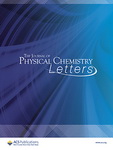
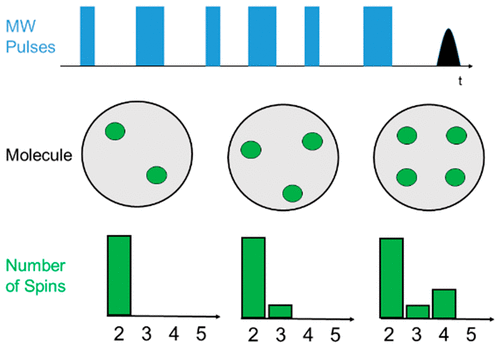

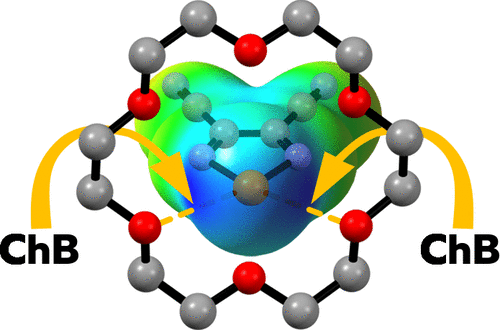
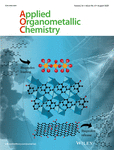

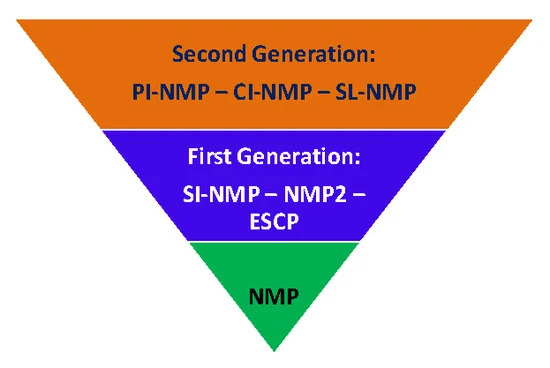

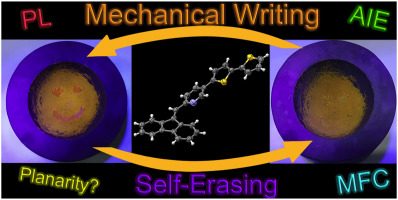
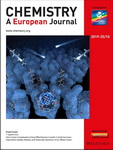
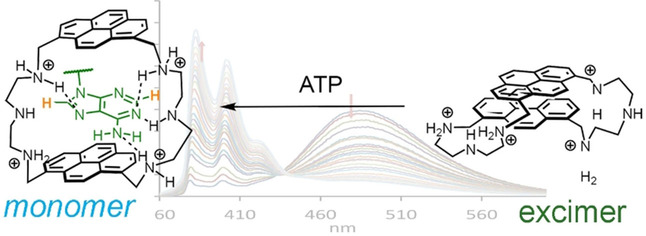
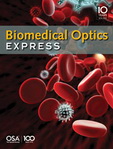
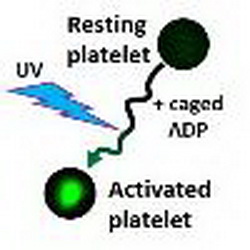
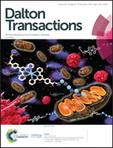

![[double bond, length as m-dash]](https://www.rsc.org/images/entities/char_e001.gif) O⋯M2+contacts and N–H⋯Cl hydrogen bonds with coordinated Cl− ions. In solutions the complexes have several conformers differing by the degree of the turn of the acetamide moiety relative to the ligand core and the type of its interaction with the coordination core. The ligands and complexes exhibit luminescence with the quantum yield increasing in the order: ligand < cadmium(II) complex < zinc(II) complex. The complexes 3 and 4 demostrate excitation wavelength independent single-channel fluorescence. As opposed to 3 and 4, the complexes 1 and 2 demonstrate excitation wavelength dependent emission with nanosecond and microsecond lifetimes of the excited states. According to our TD-DFT calculations, an interplay of ligand centered and halide to ligand transitions facilitates two deactivation channels in 1 and 2: S1–S0 and T1–S0.
O⋯M2+contacts and N–H⋯Cl hydrogen bonds with coordinated Cl− ions. In solutions the complexes have several conformers differing by the degree of the turn of the acetamide moiety relative to the ligand core and the type of its interaction with the coordination core. The ligands and complexes exhibit luminescence with the quantum yield increasing in the order: ligand < cadmium(II) complex < zinc(II) complex. The complexes 3 and 4 demostrate excitation wavelength independent single-channel fluorescence. As opposed to 3 and 4, the complexes 1 and 2 demonstrate excitation wavelength dependent emission with nanosecond and microsecond lifetimes of the excited states. According to our TD-DFT calculations, an interplay of ligand centered and halide to ligand transitions facilitates two deactivation channels in 1 and 2: S1–S0 and T1–S0.